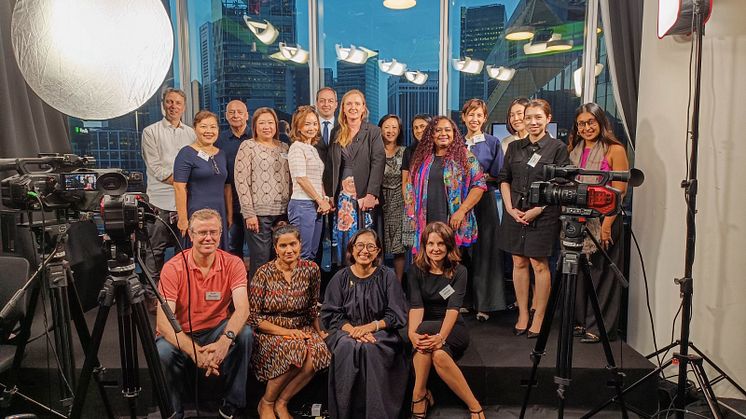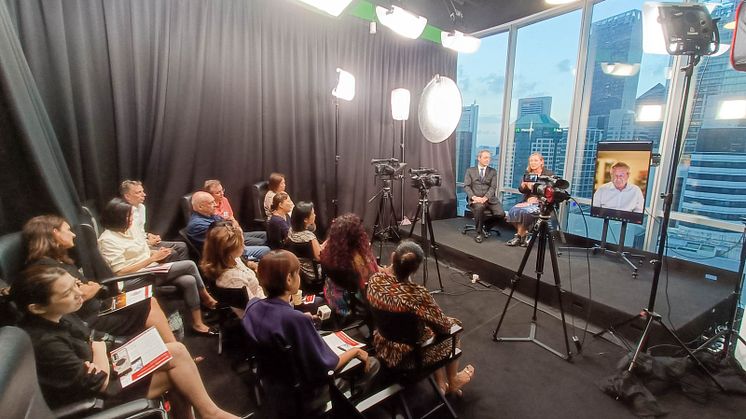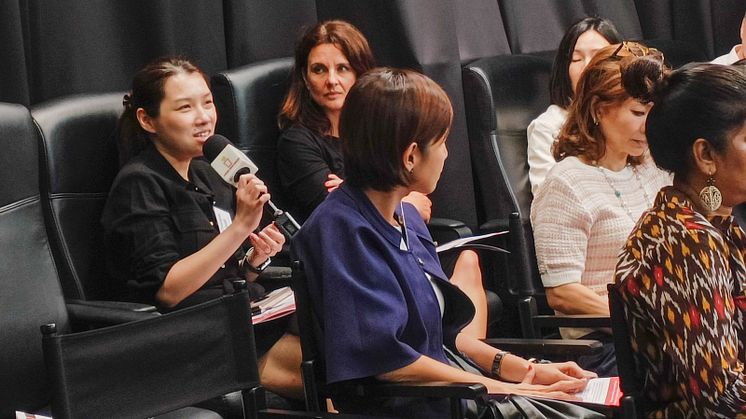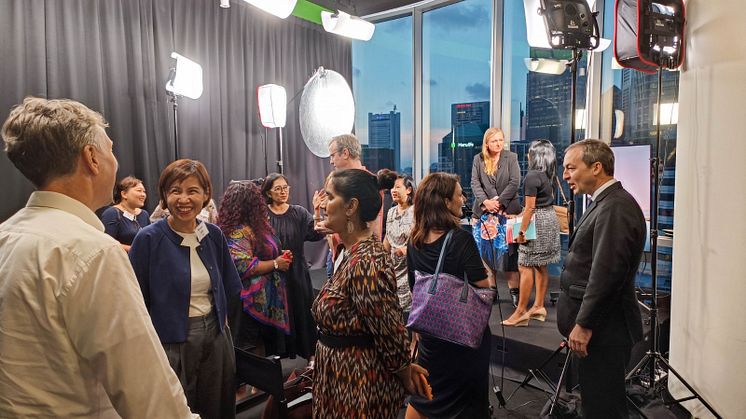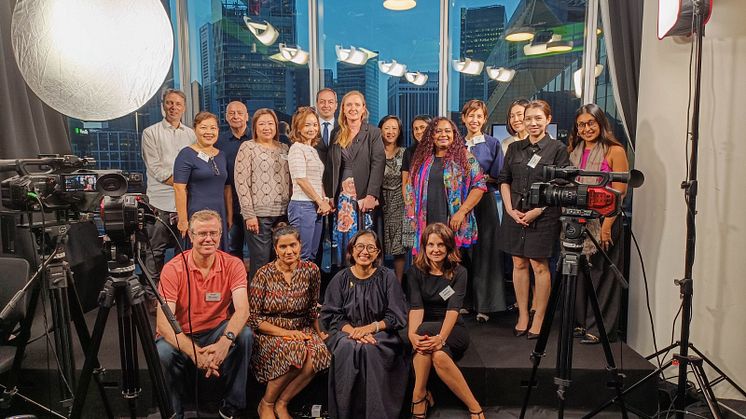
Blog post -
Six key learnings from APACD event "How to avoid embarrassing allegations of greenwashing"
Communications Directors are looking for new resources and new approaches to avoid being hit by embarrassing allegations of greenwashing, according to panellists and participants at the APACD event at the Hong Bao Media studio on Thursday May 11.
On the one hand, they face new challenges. Some participants lamented that aside from the usual corporate requirements they are increasingly tasked with communicating an ever-growing range of topics, including their organisation's CSR and ESG initiatives.
Others suggested they simply need to apply the same transparency, credibility and trust as with all their other output, and that communicating an organisation's green credentials just required them to apply existing change communication skills.
The two panellists, ex-MAS Chief Sustainability Officer Dr Darian McBain and ex-Singapore Exchange CFO Robert W. van Zwieten, summarised the way they need to communicate their sustainability initiatives in these five ways:
- Make it evidence based - Substantiate your sustainability claims.
- Use scientific evidence - Substantiation should not just come in the form of case studies, but hard data.
- Tackle material issues - Don't tinker around the edges. Address the sustainability issues of your core business. Dr McBain suggested to the amusement of the participants that planting mangroves was a useful activity to highlight if your core business is planting mangroves, but not if you're an oil and gas company.
- Dispense with colour-labelling your initiatives - ESG initiatives are usually too complex to simply label them as green, blue or even orange. Dr McBain suggested humorously that communicating your green credentials means more than changing the colour of your font.
- Be truthful - Robert said investors can smell greenwash a mile away. Dr McBain and other participants highlighted examples of being grilled by sovereign wealth funds who didn't believe much of what they were told, and only looked for data.
Participants also tackled the topic of NGOs, with Dr McBain explaining in great detail what it was like in her previous organisation to be pursued by Greenpeace. It emerged that a number of Communications Directors in the audience had worked for NGOs in the past, and they shared their valuable experience from both sides of the fence.
Participants agreed it was better to invite NGOs in, rather than to sue them, and to see NGOs as a critical friend. They are your best frenemy, one participant said, use their critiques to become better. Engagement is better than any other approach.
Finally, Robert highlighted there are many financial services institutions that still lend to fossil fuel companies, and many consultants who will happily write nice-sounding but ultimately unsubstantiated sustainability reports.
The panellists and participants came to the consensus that it is better to communicate early that you are likely to miss your net zero targets, than to hide it and hope a competitor makes this admission first.
Given that the world simply does not have the resources to allow everybody to transition to sustainable operations, we might yet see a large number of such disclosures.
When that happens, those organisations which focused on transparency, credibility and trust will likely come out looking better than those which delayed this news for as long as possible.


